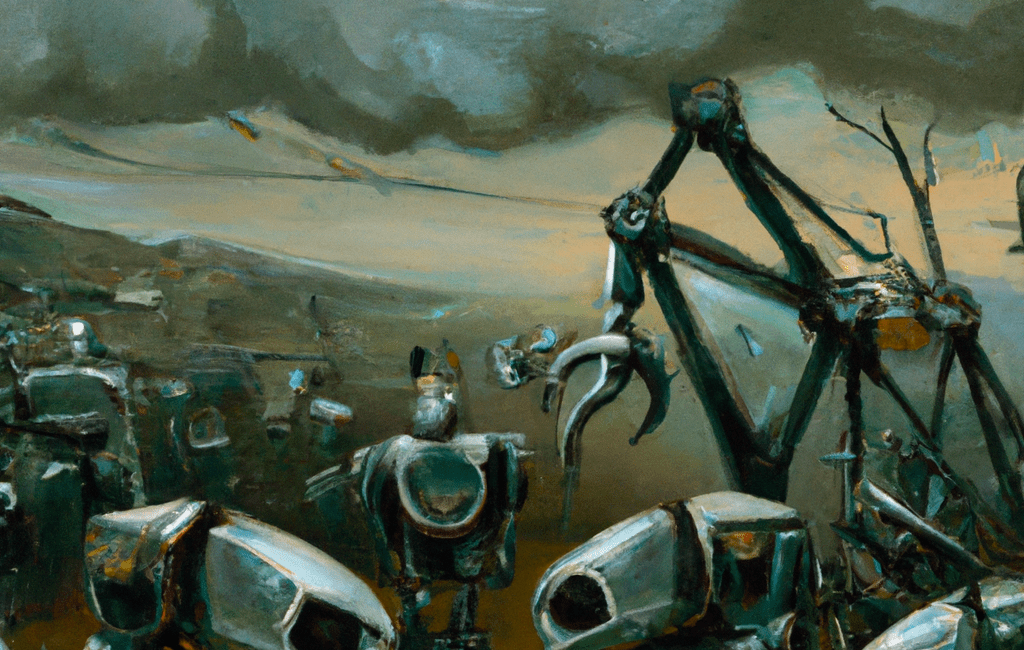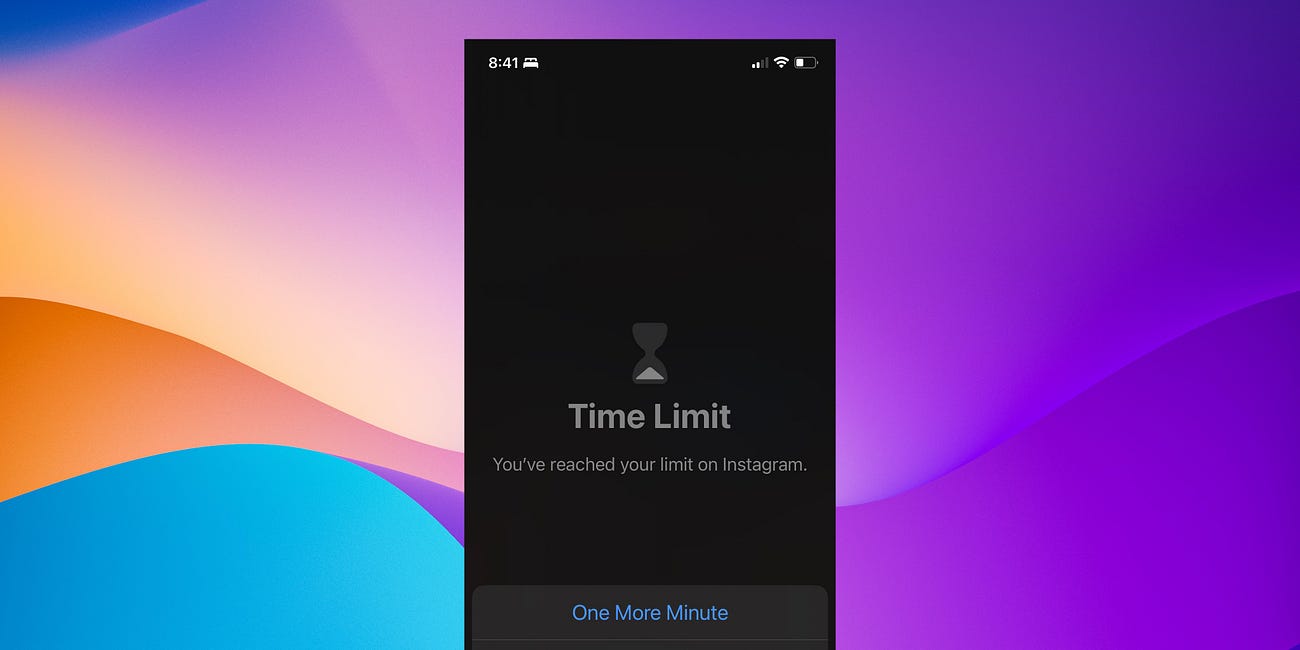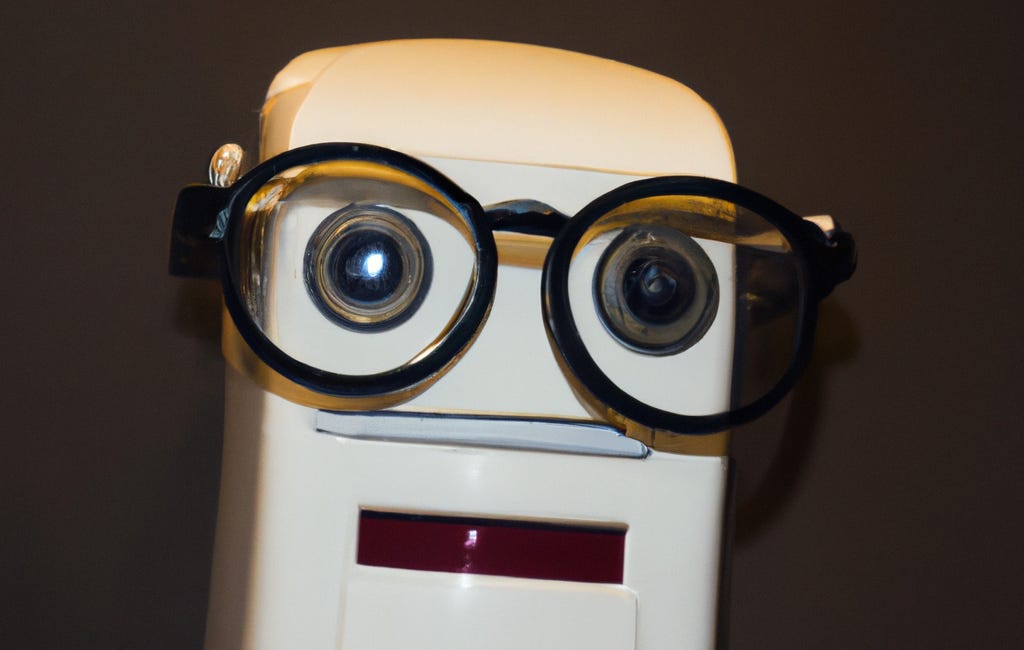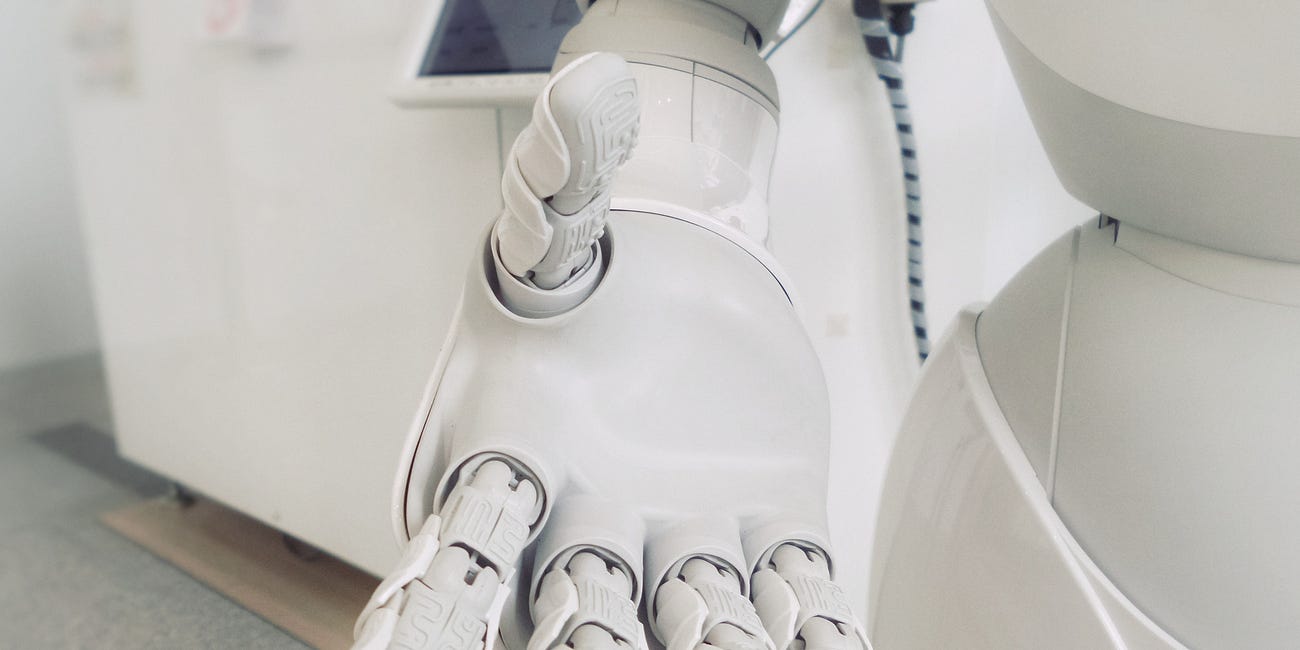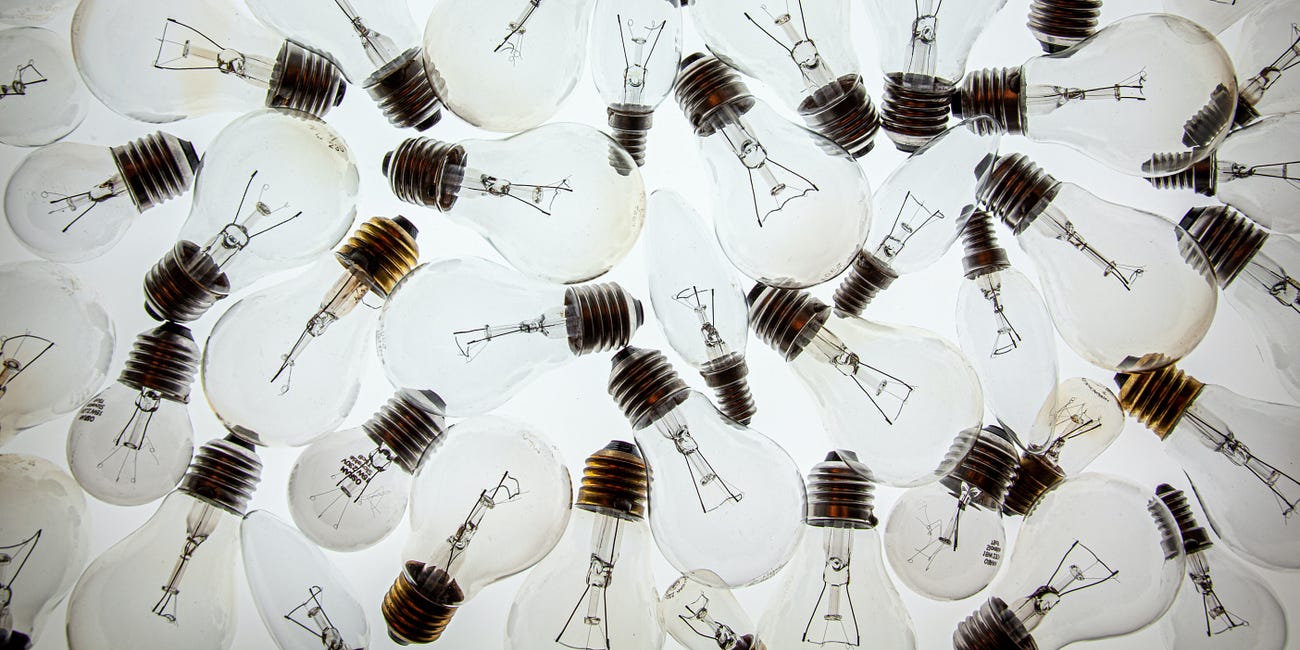Five more thoughts on AI
Plus, announcing Brainspresso.
TL;DR – I’ll be publishing more frequently throughout May as an experiment and I setup a dedicated publication to avoid spamming you. Enter Brainspresso: Short shots of ideas to get your brain thinking.
The first five posts in Brainspresso are all about AI, following last’s week call to beware the AI apocalypse prophecies. You’ll find the link at the bottom of this post.
I got such a kick from publishing a post after a few weeks of stagnation that I decided to make May a mont-long experiment in broadening the spectrum of what I write about and increasing the frequency.
Those of you that have been here for a while (thanks!) might remember I already tried and failed at this. What makes me think this time will be different? Nothing, but sometimes one has to capitalize on inspiration.
So, I setup a new section tentatively called Brainspresso: Short shots of ideas to get your brain thinking.
Out of respect for your inbox, I did not automatically add existing subscribers to the new publication. For the next five weeks, this newsletter will be a digest of the post published in Brainspresso with additional commentary. To receive the articles individually as soon as they’re published, you’ll need subscribe to Brainspresso.
I’d love to hear what you think of the idea—and of the name!
This week’s batch of posts all revolve around AI. Last week, I argued that there’s a lot of hype at the moment and made the case for being optimistic and grounded about AI.
Being optimistic doesn’t mean brushing aside concerns about how the technology could be misused. It’s an acknowledgement that problems are inevitable but also solvable, as long as we’re willing to roll up our sleeves and tackle them. This week’s post explore various aspects of what that entails.
Worry about AI bias, not alignment
Several loud voices in the tech scene have grown concerned with the problem of AI alignment. What would happen if an artificial general intelligence’s goals, preferences, or ethics were not aligned with that of humanity? According to the most pessimist, the outcome would be catastrophic.
Don’t blame the algorithms
I have a confession to make. A few nights ago, I spent more than one hour watching Instagram videos. I ended up going to bed late because of that, inevitably being groggy the morning after, which required extra doses of coffee, which made me jittery by midday and by then my whole day was ruined.
Artificial Interns
In a recent interview in The Tim Ferris Show, Kevin Kelly shared a framing for AI that resonated with me. As a matter of fact, I used the same framing when describing my experience using Copilot to a friend1: You can think of the latest AIs as Artificial Interns
We need to develop AI-literacy
I recently argued that we should be more worried about the present issue of AI bias than we should be about the possible future problem of AI alignment. Alongside bias, there’s another factor to be mindful of in our AI interactions. AIs might be lying to you.
What happens when publishing apps is as easy as sharing videos?
A few weeks ago, Paolo Belcastro asked, “What happens when every human can program a computer?” We can only speculate, but it’s worth doing so. I hope this will refill your stock of optimism during a bombardment of doom prophecies. To get an idea of what might happen if software development becomes accessible to most people, let’s consider what happened w…
Thank you for reading this far. If you found any of this useful, please consider it sharing with someone else who might and hitting the like button to increase the post visibility. Thanks!


